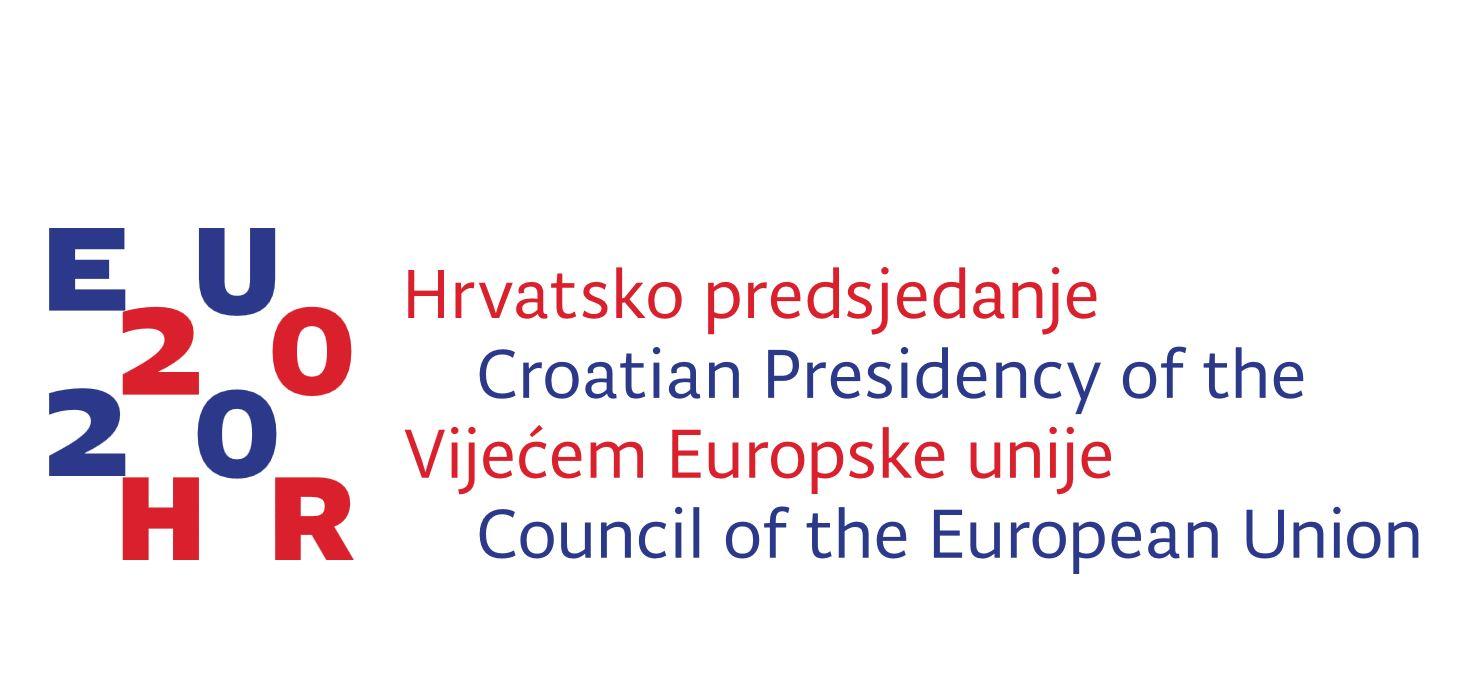In the first half of 2020 Croatia holds the rotating Presidency of the Council of the European Union. Presumably, the country has had the most difficult presidency period in the history of integration. Nevertheless, the youngest member of the European Union should not be ashamed as it reaches the halftime of his presidency. In an extraordinary situation, the Croats are heroically trying to keep the European integration on its original trajectory.
"A strong Europe in a world of challenges"- this motto has been chosen by the Croatian Presidency, of the Council of the European Union, which took office on 1 January 2020. It is very likely that when they formulated their slogan, even the spin doctors had no idea how apt the sentence would be. Of course, no one was under any illusions about this presidency period. Everyone knew that the European Union was going to have a difficult time. Although the new European Commission was finally able to start operating on 1 December 2019 after many verbal battles, and the newly elected President of the European Council was able to take office.
However, it was the Croatian Presidency who inherited the prolonged – and sometimes bitter – debates on Multiannual Financial Framework to be settled, which was already delayed. The previous, Finnish Presidency has not reduced, but rather increased the existing differences of opinion with its last proposals. It was also known that since the date of the United Kingdom's withdrawal from the European Union was 31 January 2020, it was also going to be Croatia’s job to handle the final phase of the process, and to resume the negotiations on future EU-UK relations.
To carry out these tasks alone would have been sufficient workload for Croatia, a member state since only 1 July 2013. The final agreement on the MFF is even more difficult than previous negotiations on the EU’s budget, as Brexit means that even the size of the budget is now in question – not to mention the delicate issue of how to balance individual policies. Similarly, new negotiations with the UK are much more complex than usual discussions not only because it is unprecedented for a Member State to leave the Union, but also because the negotiating partners themselves have not even reached a consensus on the nature and proximity of relations.
As a new challenge that is still somewhat foreseeable, the migration crisis has been a new challenge, with Turkey opening up its refugee camps and encouraging those living there to make their way to the Member States of the European Union. Although the move itself was unexpected, the possibility of this has already been included in the pessimistic scenarios as a consequence of the Syrian crisis.
The real challenge, however, were not these, more or less foreseeable difficulties. In the first months of its term, the Croatian Presidency had to face the corona virus outbreak. It started in China at the end of December and arrived in the European Union in February. The pandemic already resulted in the deaths of more than 10,000 European citizens - making European economic and social forecasts gloomier every day. The Croatian Presidency has done a tremendous job by reorganising the work in the Council and coordinating the efforts of the Member States. The Croats did it while between 22-25 March several earthquakes have shaken Zagreb and surroundings, causing serious property damage, injuries and, tragically, one death.
Croatia's presidency has reached its halftime. Whatever happens in the second three months, his performance so far is commendable. Hommage à la Croatie!
31-03-2020 – Dr Tibor Navracsics
